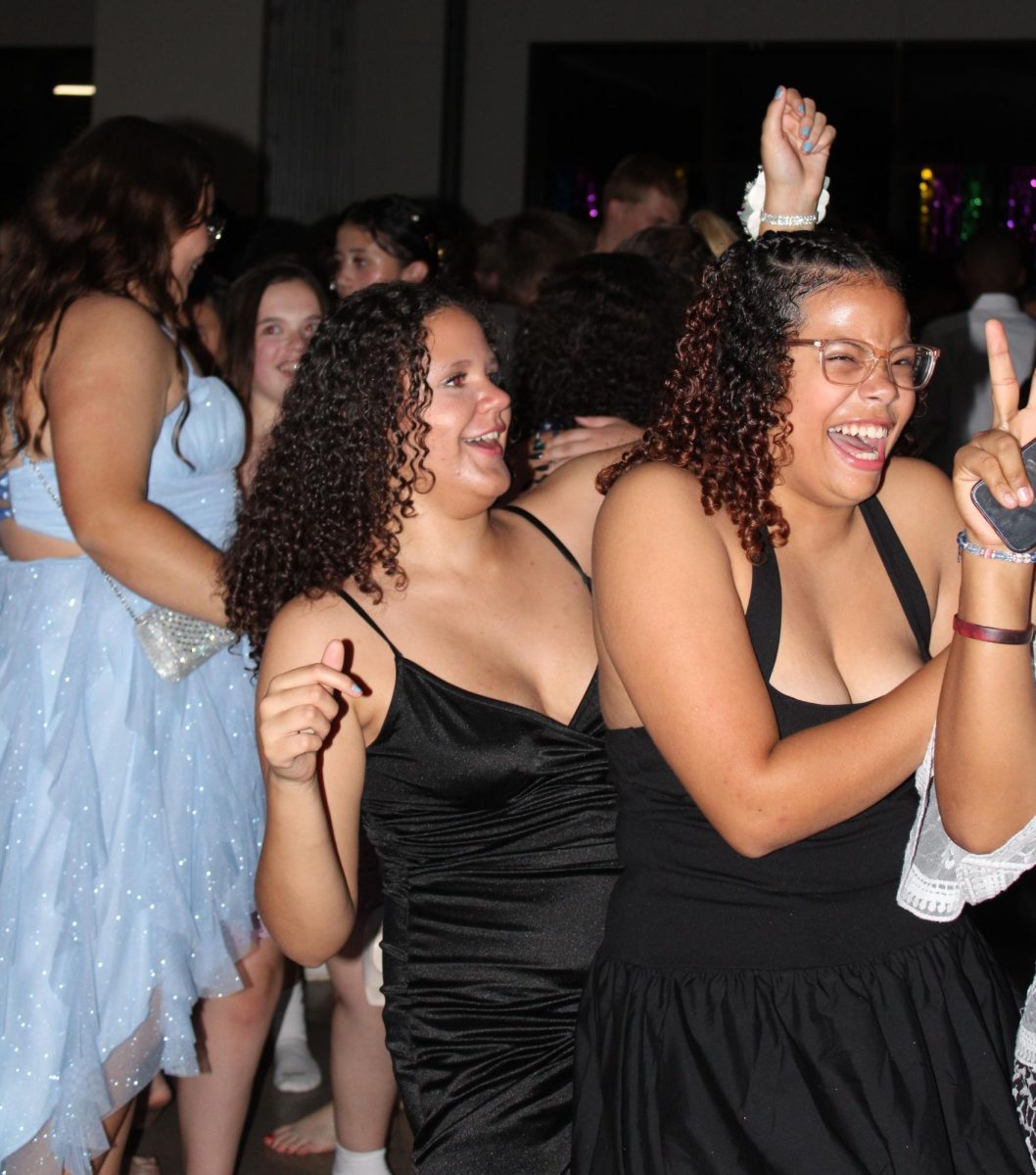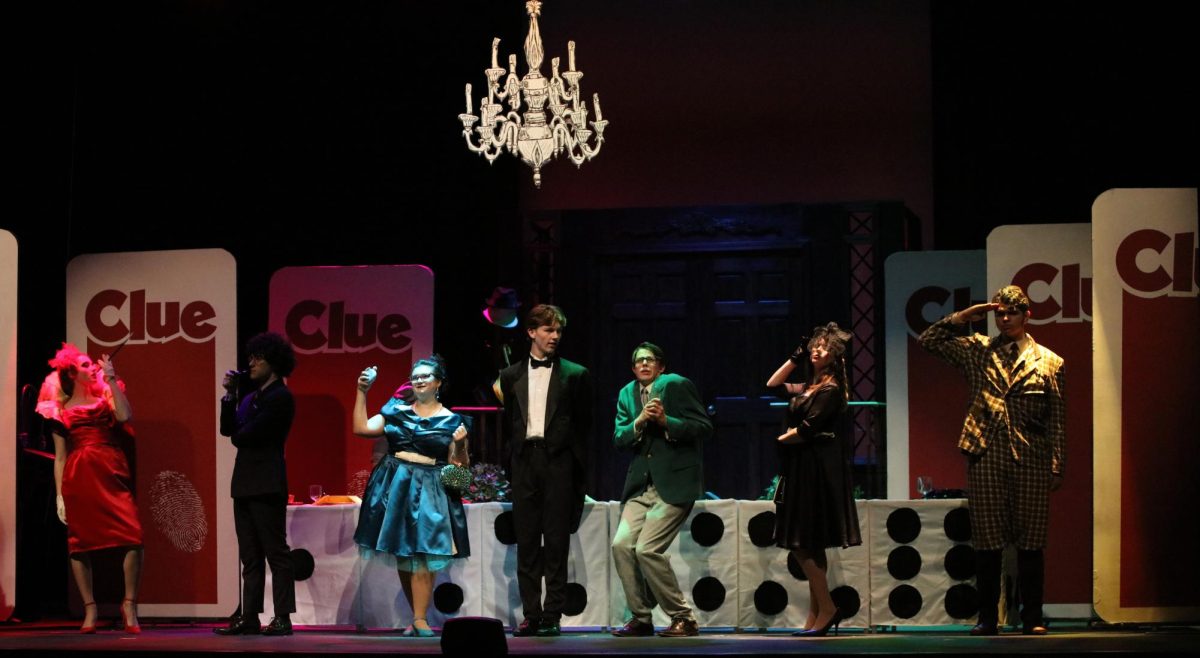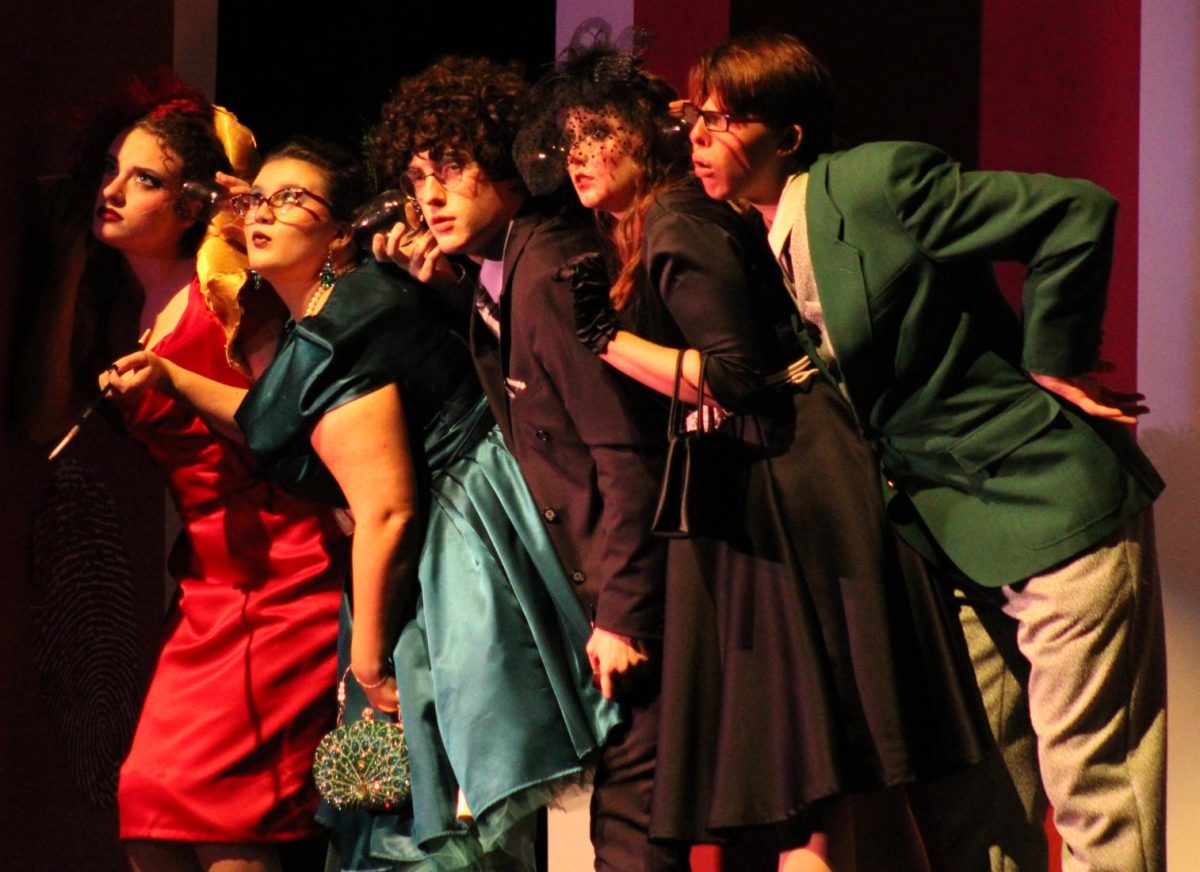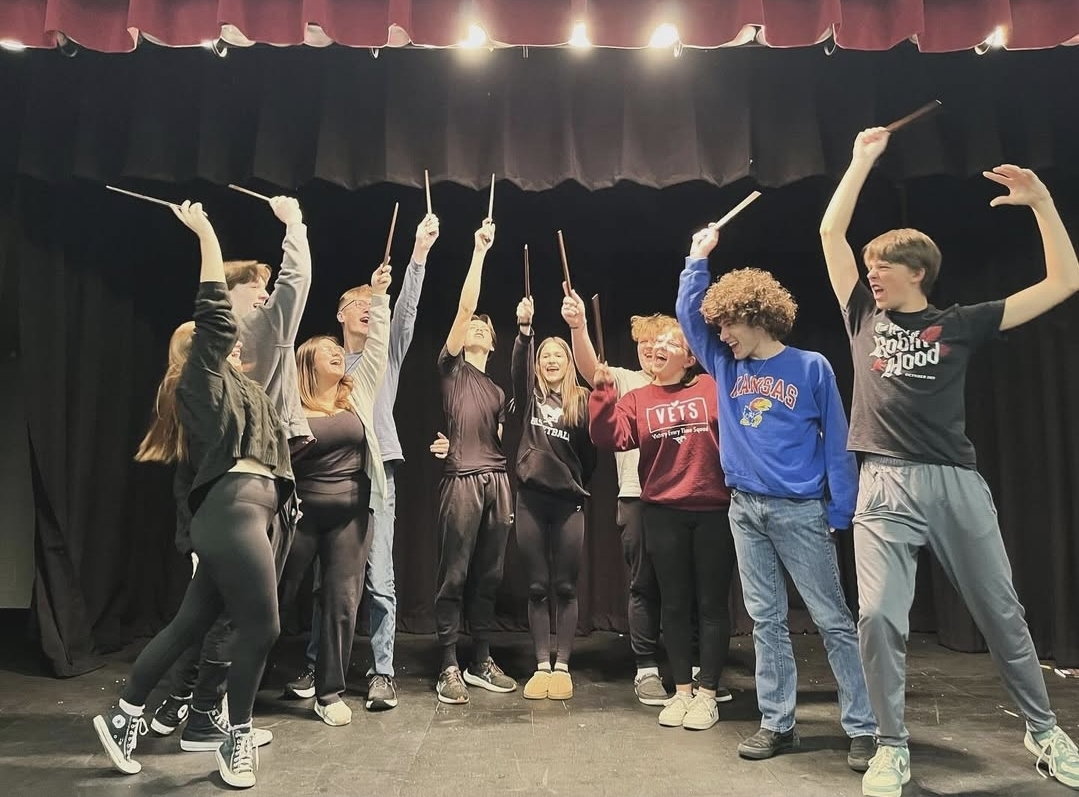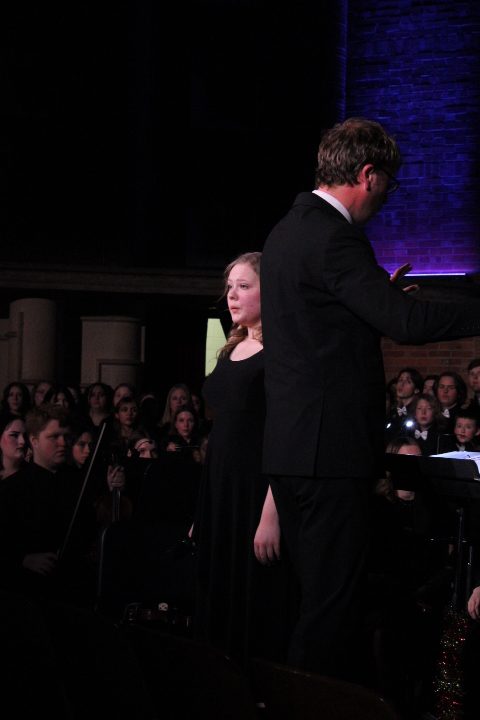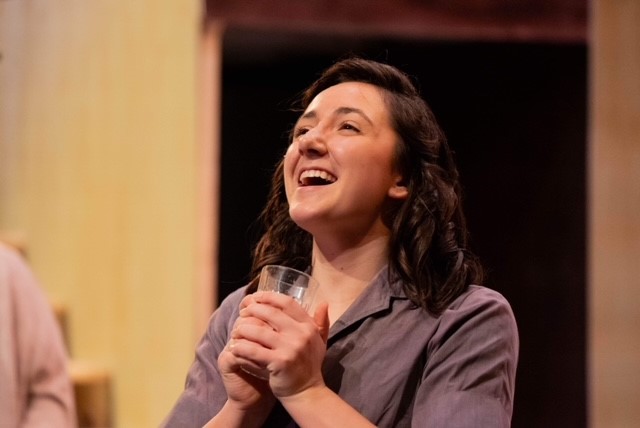
Troupe 639 completed their second performance of the season, “The Diary of Anne Frank,” directed by Bill Weaver.
Anne Frank’s story depicts a young girl’s experience during the Holocaust, chronicled in her diary.
“She was the only one in hiding that was kind of happy,” Alyssa Maas, who played Anne Frank, said. “She didn’t fully understand what was going on, but you see throughout the play she came to understand.”
Sophomore Anna Kraft played the character of Mrs. Frank, the mother of Anne and Margo Frank and the wife of Otto Frank
“My character is very protective of her family,” Kraft said. “She knew what was happening during the Holocaust, which made her disagree with her daughter Anne a lot.
Margo Frank, played by sophomore Madison Berndt, is known as a quiet, shy person throughout the entire play.
“She is the reason that they hid in the annex in the first place,” Berndt said. “She got a work order from a camp to go to work in a labor camp, so the family stayed in the annex to hide.”
Weaver encouraged cast members to fully get into the characters and setting of the show.
“The play is a really unique experience as (Weaver) is very hands-on,” Kraft said. “He would get into the scenes with us and watch us up close. He wanted to see everything fully embodied and he pushed me to my very limits, to get into my character, which I appreciated.”
Maas had to mentally prepare for the role of Anne Frank, she said.
“It is very taxing on your mental health as you’re going through and embodying,” Maas said. “When you act, you feel the emotions as yourself. You’re trying to envision how this character would have been affected.”
Kraft said certain scenes were really impactful.
“One scene that really stuck out to me is the fight scene that I have with Anne after she spilled milk on Mrs. Van Dann’s coat,” Kraft said. “It seems from an outsider’s perspective, that Mrs. Frank is too stuck up, when she just wants Anne to behave in a certain way.”
At the end of the play it depicts how the Franks and Van Daans were caught by the Nazis.
“Otto Frank’s monologue will always make me sad,” Berndt said.” It really shows the overall emotion of what these people went through during this time and is just very eye opening to the audience when they hear the descriptions of how these people died.”
Maas said the play brings to light the impact of the event, not just the statistics.
“It really shows the human side of the Holocaust,” Maas said. “It’s not just six million people that died. It’s six million lives, and through the story of Anne Frank, it shows how intricate everybody’s lives are.”











